On Monday, Hamas let go of the first wave of Israeli hostages as part of a peace agreement designed to conclude two years of violence in Gaza. This is a definitive step toward peace in the region, as negotiations are undertaken by U.S. President Donald Trump and others.
Emotional Scenes as First Hostages Come Home
On Monday, Israel's military announced the handover of the first seven of 20 living hostages, who were brought back with the help of the Red Cross. The release of the hostages created emotional scenes throughout Israel, particularly in Tel Aviv's Hostage Square, where hundreds gathered to commemorate the occasion.
"I am so excited. I am full of happiness. It's hard to imagine how I feel at this moment. I didn't sleep all night," said released hostage Nimrod Cohen, along with his mother Viki, as they made their way to Reim, an Israeli military camp hosting families with the handful of freed hostages.
In Gaza, armed men, believed to be Hamas members, gathered at Nasser Hospital, where a stage had been constructed to receive Palestinian prisoners as part of the same agreement.
Part of a larger ceasefire and peace process
On the same day, about another 13 living of the remaining hostages will also be exchanged on Monday, along with the bodies of 26 dead hostages, and a handful of others who are unaccounted for. In exchange, nearly 2,000 Palestinian detainees and prisoners will be released.
The same extensive exchange is a critical part of the first stage of the peace deal, which was finalized last week in Sharm el-Sheikh, Egypt. World leaders are going there today to discuss the additional steps toward a more permanent peace agreement.
Oil-rich, intense warfare has wreaked havoc in Gaza for the past two years, leaving most of the population displaced, and generating varying degrees of humanitarian distress, while additionally elevating the tensions between Israel and Iran, Hezbollah and Yemen.
Later today, global leaders meeting in Sharm el-Sheikh are expected to discuss commitments for a permanent peace settlement in the region, amidst the return of the living hostages.
PREV NEWS
NEXT NEWS
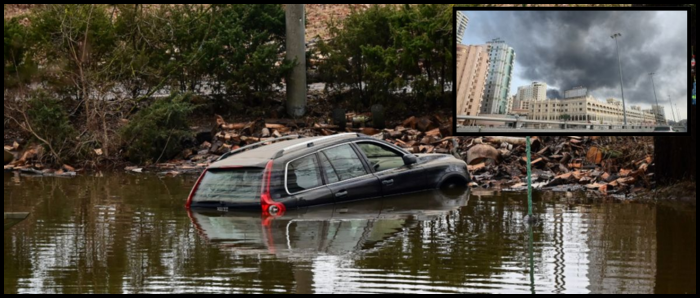
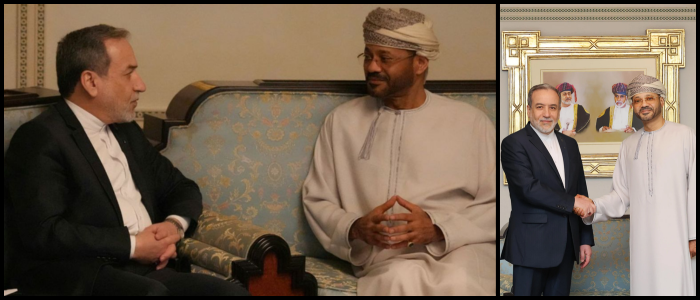
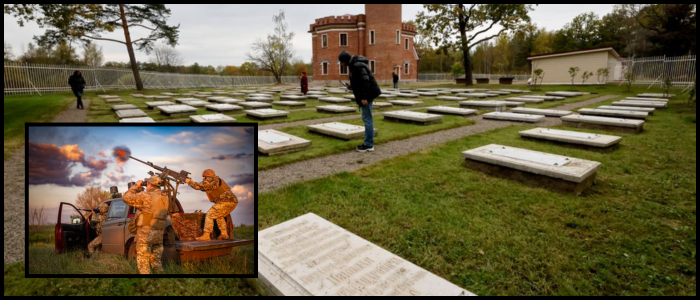
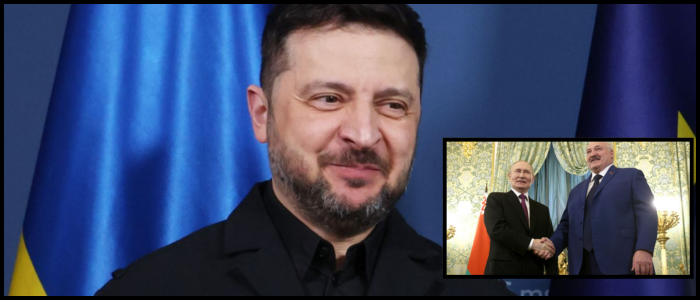
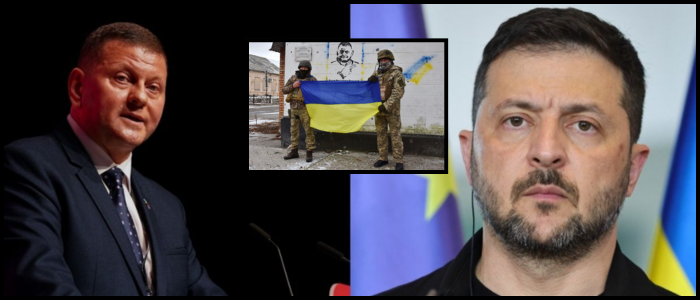
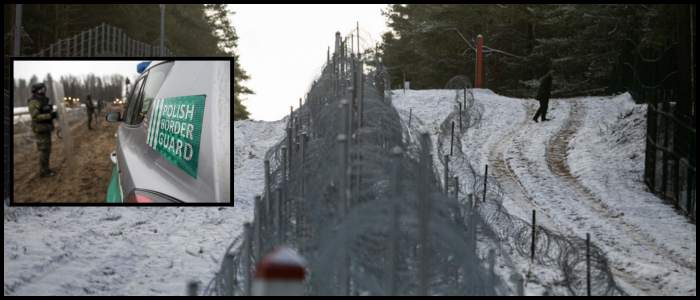

BY Kamil Wrona

BY Nikodem Baran

BY Nikodem Baran

BY Nikodem Baran

BY Nikodem Baran
Uwielbiamy pliki cookie — zarówno te jadalne, jak i cyfrowe, które ulepszają Twoje wrażenia z przeglądania. Pomagają nam one udoskonalać funkcjonalność naszej witryny i Twoje ogólne wrażenia. Podstawowe i funkcjonalne pliki cookie są niezbędne do prawidłowego działania witryny i nie można ich wyłączyć. Ponadto używamy plików cookie w celu optymalizacji wydajności („komfort”) i wyświetlania spersonalizowanych reklam („marketing”), na co potrzebujemy Twojej zgody. Kliknij „Zezwól na wszystkie”, aby wyrazić zgodę na przetwarzanie danych. Uwielbiamy pliki cookie — zarówno te jadalne, jak i cyfrowe, które ulepszają Twoje wrażenia z przeglądania. Pomagają nam one udoskonalać funkcjonalność naszej witryny i Twoje ogólne wrażenia z przeglądania. Podstawowe i funkcjonalne pliki cookie są niezbędne do prawidłowego działania witryny i nie można ich wyłączyć. Ponadto używamy plików cookie w celu optymalizacji wydajności („komfort”) i wyświetlania spersonalizowanych reklam („marketing”), na co potrzebujemy Twojej zgody. Kliknij „Zezwól na wszystkie”, aby wyrazić zgodę na przetwarzanie danych.
Twoja zgoda obowiązuje również na mocy art. 49 (1) (a) RODO, co oznacza, że Twoje dane mogą być tymczasowo przetwarzane poza EOG, w tym w USA. W takich przypadkach wysokie europejskie standardy ochrony danych mogą nie być w pełni zagwarantowane, a władze USA mogą uzyskać dostęp do Twoich danych bez skutecznego środka prawnego. Możesz wycofać swoją zgodę w dowolnym momencie.
PrywatnośćWarunki korzystania z serwisu
Możesz zarządzać swoimi preferencjami dotyczącymi plików cookie lub wycofać zgodę w dowolnym momencie za pośrednictwem naszych ustawień plików cookie. Aby uzyskać więcej informacji, zapoznaj się z naszą Polityką prywatności.